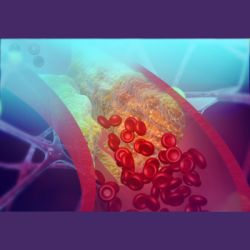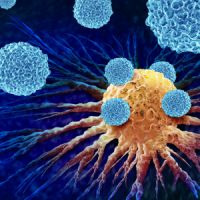A research team at the University of Colorado Anschutz Medical Campus discovered a new imaging information system that could accelerate prognosis for certain cancers, including pancreatic and gastrointestinal cancers.
For years the Ki67 protein has been the proliferation marker oncologists used for human tumor cells. However, medical professionals face issues concerning time, money and method of distribution.
Often, oncologists use “eyeball” estimation to decide on the number of cells in order to determine the prognosis for patients with pancreatic, gastrointestinal and other cancers.
However, it is hoped that this new imaging information system will automate the process of scanning the Ki67 protein for detection of gastrointestinal and pancreatic neuroendocrine tumors. In addition, the study will help in developing a Ki67 labeling index assessment method, providing an economical and efficient method for Ki67 scoring.
Fuyong Xing, PhD, assistant professor in the department of biostatistics and informatics at the Colorado School of Public Health, added, “the system will significantly improve the efficiency and objectivity of the biomarker computation, so that it can enable quick disease detection”.
Instead of manually counting the number of these cells in clinical practice, this new system will notably speed up the procedure of Ki67 biomarker computation. Xing praises the new approach, adding “it would release pathologists and researchers from daily, routine and tedious work so they can pay more attention to formulating high-level hypotheses and biological discovery”.
In due course, the novel system could facilitate a space where results could be shared and accessed by medical professionals and institutions around the world. As of yet, no universal system has been established that can be used for quantifying the labeling index in different datasets.
Overall, the team hope the system will offer a quicker, low-priced and more accurate method for identifying cancer biomarkers. The technology will continue to be tested to establish its long-term viability.
Source: University of Colorado Anschutz
Image Credit: iStock



























